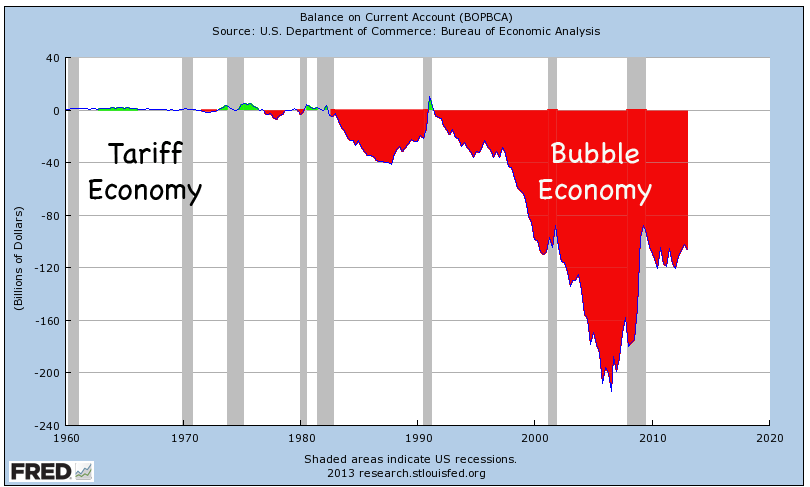A recession is imminent and millions of Americans already live in an economy that feels like it never left the Great Recession. Low paying jobs seem to dominate this weak recovery. Younger Americans are realizing that they may not have it as good as the baby boomer generation where good paying jobs were plentiful and wages actually kept up with inflation.
Benefits in the job market today are low to nonexistent and the new retirement model is work until you die.
DYI Comments: That is not the new retirement model but the old model of working til in firmed or dead. Retirement came into being with the G.I. generation after WWII with excellent demographics (Silents & Boomers) propelled lavish retirement programs. Today with fertility below replacement programs such as Social Security and Medicare will be under severe pressure. Millennials should expect the retirement age for Social Security to be advanced within each age category by 5 or 6 years. Instead of age 62 for 75% of monthly benefits will be pushed forward to age 67 or 68! 100% monthly benefits anticipate being forwarded to age 71 or 72 AND for 125% of monthly benefits age 76 or 77.
This might be a good motto if we were living in the Middle Ages. Instead, we live in a self-imposed modern day Gilded Age where Congress is bought and paid by the wealthy in our country. It is troubling that the government continues to spend money it doesn’t have yet continues to ask Americans to live a life of austerity. There are five signs that are starting to point to another recession.
Government spending and taxes
The first chart will look at government spending versus tax revenues. The government continues to spend money it does not have. Government spending is quickly reaching $4 trillion per year yet total tax revenue is roughly $3.3 trillion. The end result is an epic deficit.

Having this massive deficit is only adding to our national debt. Should rates rise, we will have more of our funding going to simply servicing the debt instead of paying any of it down:
DYI Comments: If rates were to rise back to their historical average yield of 4.61% on the 10 year Treasury bond no doubt this in of itself would cause a recession as the cost to servicing our debt would sky rocket. At least in the short term (next 3 to 5 years) deflation is far more probable keeping rates low.
DYI Comments: Neither of the above two charts would be indicative of an on coming recession. They do show how the U.S. went into a pro business environment (labor unions retreating)(out sourcing to foreign lands) plus high tech automation doing away with middle class jobs thereby enriching the owners/CEO's. I do find it interesting that CEO compensation has been dropping since the year 2001 as labor has slowly increased their compensation since 1998. This will continue in the years ahead as our nation swings back to a pro labor environment closing the gap between productivity and CEO pay.
The Fed recently raised interest rates for the first time in many years. The Fed now has to stay the course otherwise it will appear as if it truly does not believe in a recovery, which is why it raised rates in the first place. But in reality, the Fed never believed in the recovery. The Fed balance sheet which was supposed to be unwound during recovery never occurred:
DYI Continues: Industrial production falling off is definitely a sign of possible recession as well as the Fed's disbelieve in this recovery.
Conclusion
The U.S. economy has been dancing on a pin with ultra low growth and the possible slide into recession. This recovery(as poor as it is) has been advancing since March of 2009. For business cycles this economy is long in the tooth. As the expression goes, "On borrowed time!"
DYI


